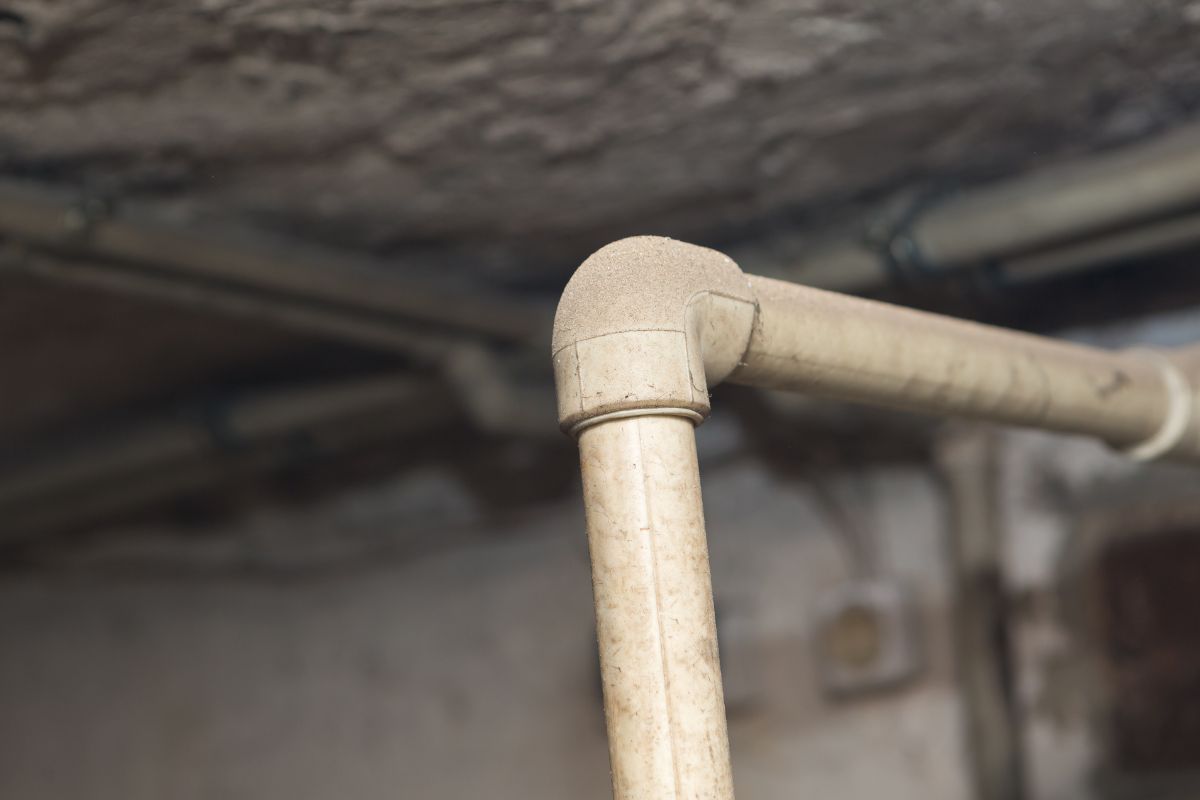Modern water treatment systems, including softeners, are an invaluable tool in the process of improving water quality in households. Water softeners effectively prevent water hardness problems by removing excess minerals such as calcium and magnesium. However, the question arises whether drinking water should be delivered to the kitchen without the softener, or is it safe and healthy to consume water directly after the softener? The following article aims to shed light on this issue.
Understanding how a water softener works
Water softeners work on the principle of ion exchange, where calcium and magnesium ions are replaced by sodium or potassium ions. Although this process effectively reduces water hardness, it introduces additional sodium ions into the water, which may be a concern for people who want to limit their sodium intake for health reasons.
Arguments for a separate strand of unsoftened drinking water
- Sodium intake control: For people on a low-sodium diet, drinking unsoftened water may be more beneficial. By omitting the softener, you avoid additional sodium intake.
- Mineral behavior: Unsoftened water retains its natural minerals, such as calcium and magnesium, which are beneficial to health.
- Water taste: Some people prefer the taste of unsoftened water, arguing that softened water has a different, not always preferred, taste.
Arguments for drinking softener water
- Reducing the risk of scale build-up: Softened water reduces the risk of scaling in coffee machines and kettles, which may extend the life of the devices.
- Better cleaning properties: Softened water works better with soap and detergents, which can be seen as a benefit when washing dishes and cooking.
- Minimal risk of sodium intake: For most people, the additional sodium introduced into the water by a softener is minimal and does not pose a significant health risk.
Expert recommendations
The decision to choose between softened and unsoftened drinking water should be made individually, taking into account your personal health needs and preferences. For people with health restrictions regarding sodium intake, a separate stream of unsoftened water may be the best option. However, in households where there are no particular dietary restrictions, drinking water softened may not be a problem.
Separate water line in the house
If you decide to install a separate unsoftened water line for drinking and cooking, it is important to consult a professional water system installer. This may require additional installation and cost, but will provide access to water with the desired properties for both drinking and other domestic uses.
The choice between softened and unsoftened water for drinking depends on individual needs and preferences. It is important to make an informed choice, taking into account both the health benefits and the potential risks of additional sodium intake. Whatever your decision, access to clean, safe water should always be a priority in every household.



